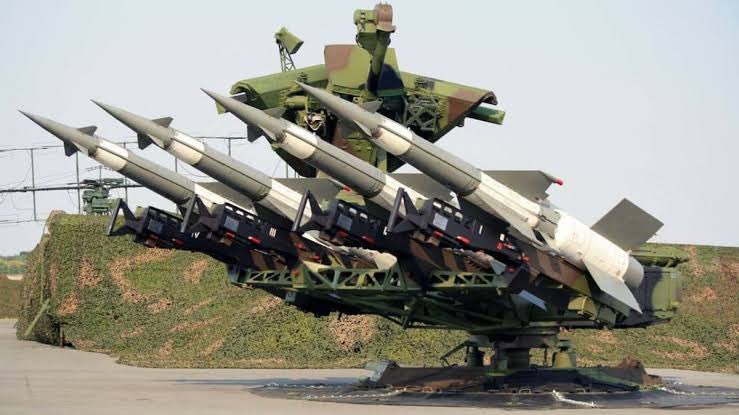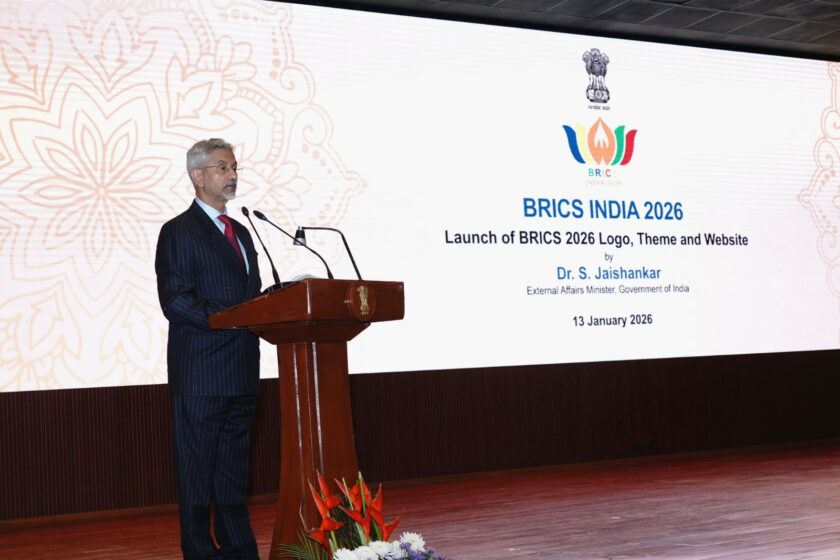New Delhi – In a decisive response to the recent cowardly terror attack in Pahalgam, Jammu and Kashmir, India launched a targeted airstrike across the border, hitting multiple terrorist hideouts. The operation marks a clear demonstration of India’s zero-tolerance policy towards terrorism and its unwavering commitment to protecting its citizens.
The Pahalgam attack, which claimed the lives of several innocent civilians, sparked nationwide grief and outrage. With mounting public pressure and an urgent need for action, high-level meetings were held between the Prime Minister, National Security Advisor, and top military officials. Following detailed intelligence assessments, India decided to target terror camps suspected of involvement in the attack.

According to reliable sources, Indian Air Force fighter jets executed the mission under the cover of darkness and difficult weather conditions, striking predetermined locations with precision. The airstrike reportedly destroyed terror training facilities, logistics hubs, and command-and-control centers used to orchestrate attacks within Indian territory.
Though the Indian Army and Air Force have not yet released an official statement detailing the operation’s scope, sources from the Defence Ministry have confirmed its success, stating that the operation inflicted “significant damage” to terrorist infrastructure.
Internationally, the airstrike has drawn considerable attention. While several nations condemned the Pahalgam attack and reiterated their support for India’s right to self-defense, others have expressed concern and called for restraint from both sides to avoid escalation in the region.

This military response carries several key implications. Firstly, it sends a strong signal to terrorist groups and their backers that India will not hesitate to act in its own defense. Secondly, it underscores the operational synergy and preparedness of India’s armed forces and intelligence agencies. Finally, it strengthens domestic trust in the government’s resolve to act decisively in matters of national security.
Security has been heightened along the border amid fears of possible retaliation. Indian forces remain on high alert and are prepared for any eventuality.
While India remains a proponent of peace and regional stability, it has once again made it clear that threats to its sovereignty and the safety of its citizens will be met with strong and swift responses. The post-Pahalgam airstrike stands as a resolute statement of that principle.
All eyes now turn to the geopolitical aftermath — whether diplomatic channels will open or tensions will continue to rise. For now, India has reaffirmed its stance: terrorism will not be tolerated, and national security remains paramount.









